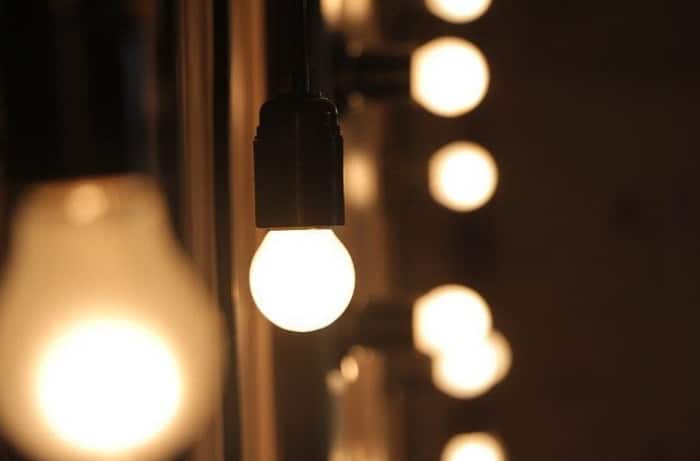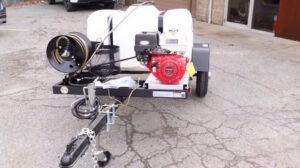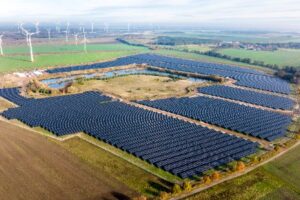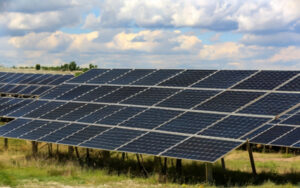How To Find The Top Inverter Generator For Your Specific Needs

If you’ve ever had to deal with power outages in your home, you know how inconvenient it can be. But imagine if the power went out at work! Not only would this inconvenience affect your employees, but it could also cause a significant financial loss for your company. Fortunately, there are inverter generators that can help solve these problems and more, so read on to learn more about them!
1. What is an inverter generator and how does it work?
An inverter generator is an electrical system that converts power from one form to another, without requiring the use of a switch. This type of generator uses fuel to produce electricity that is then converted into low-voltage alternating current (AC). With this type of generator, one can avoid having to maintain two separate systems for two different purposes.
An inverter generator usually consists of three major components: the power feeder, the inverter, and the converter. The power feeder powers the system and delivers electricity to the inverter. The inverter then converts the electricity to low-voltage AC. Finally, the converter converts it back into high voltage AC that can be used by appliances in your home.
2. Inverter v/s Conventional Generator
An inverter generator is a type of portable generator that can be used to transfer electricity from its source into usable electric power for anything from homes, businesses, and other large structures. It serves as a ‘mini power station’ in situations where conventional generators can’t.
An inverter generator that runs on gasoline or diesel fuel and is much quieter than a conventional generator. Inverters are also lighter in weight, as they use lighter materials to make smaller models. Additionally, they produce less heat, which makes them ideal for indoor use. However, you can’t plug an inverter generator directly into the wall. Instead, you must connect it to a transfer switch before using it.
3. How to choose the best inverter generator
When choosing an inverter generator for your home or business, there are several key factors you should consider. First of all, understand that these generators come in different sizes and wattages (i.e., wattage = power, which is how much work can be done at any given time).
Secondly, you must consider fuel type. Many inverter generators are run on gasoline or diesel, while others may use alternative fuels such as propane or natural gas. It’s also important to check the weight of the generator you plan to purchase.
Another factor to consider is whether or not you will need a built-in transfer switch. A transfer switch is a device that automatically transfers your power from one source to another in the event of an outage. If you don’t plan on using a transfer switch for your applications, then it may be a good idea to choose a generator that comes with a built-in transfer switch.
Lastly, you may also want to consider the noise level of your generator. Although inverter generators are much quieter than their conventional counterparts, experts at GeneratorSwift.com warned us that some models can be as loud as 60 decibels (dB), which is approximately as loud as heavy traffic. Therefore, it’s suggested that you choose a generator with the lowest dB rating possible to avoid any negative effects on your employees or customers.
4. Why do you need one?
An inverter generator is a desirable alternative to traditional power and can be used in many different settings. For example, an inverter generator can avoid the need for the user to own and maintain two separate systems, one for when stable power is available and another in times of an outage or other emergency situation where it’s not.
Inverters produce cleaner energies from fossil fuels that are quieter than traditional generators, don’t overheat like their conventional counterparts, and can be set up indoors without issues. Inverter generators also come in a range of sizes ranging from 200 watts to over 10kW, depending on your current needs. One might think there’s no difference between 200 watts, just enough for a single room, to 10 kW cogeneration, but that’s not the case.
5. Benefits produced by an inverter generator
One of the main advantages of inverter generators is their ability to maintain power quality and voltage levels. They also produce cleaner, more efficient energy with less noise and fewer vibrations. Inverter generators require less attention and maintenance than other types of gas-powered generators and they don’t produce hazardous exhaust fumes like traditional generators.
An inverter generator can provide you with multiple power sources with many different types of power outputs such as AC or DC voltage. Some inverters are available as a single source, such as just AC or just DC voltage without having to switch back and forth between the two. An inverter generator is also ideal for powering sensitive equipment.
Inverter generators are best suited for commercial applications, outdoor activities, or emergency power supplies. They are powered by gasoline, diesel fuel, or propane and typically have power ratings of 2000-5000 watts. Some models can also be run on biodiesel.
6. What are the disadvantages of inverter generators?
Just because an inverter generator is more efficient than a traditional one doesn’t mean it’s without its drawbacks.
For example, if the unit loses electrical power, your entire system can be rendered useless until it’s running again (unless you have a built-in transfer switch). Because inverter generator engines are smaller, they require more frequent fuel and oil changes than traditional generators. Engines can also shut down temporarily if overloaded.
7. How much do inverter generators cost?
Inverter generators typically range in price from $500 to $3500. The higher the wattage of a generator, the more expensive it will be. For example, a 17 kW inverter generator typically retails for $5200 to $6000 while a 5 kW inverter generator typically costs from $1,800-2,000.
Other factors that can affect inverter generator prices include its size, fuel type, and power output. For example, an inverter generator that runs on diesel typically costs more than one that runs on propane or gasoline. Similarly, generators with higher wattage ratings cost more than lower-wattage ones.

Almost all energy produced is transferred through power lines, image source: pixabay.com
Inverter generators are an excellent option for many different types of needs. They’re flexible, efficient, and durable enough to last through demanding conditions without issue.
If you’re looking to purchase a new inverter generator or upgrade your current one with something that suits your specific needs better, be sure to consider the benefits as well as the disadvantages before making a final decision.







